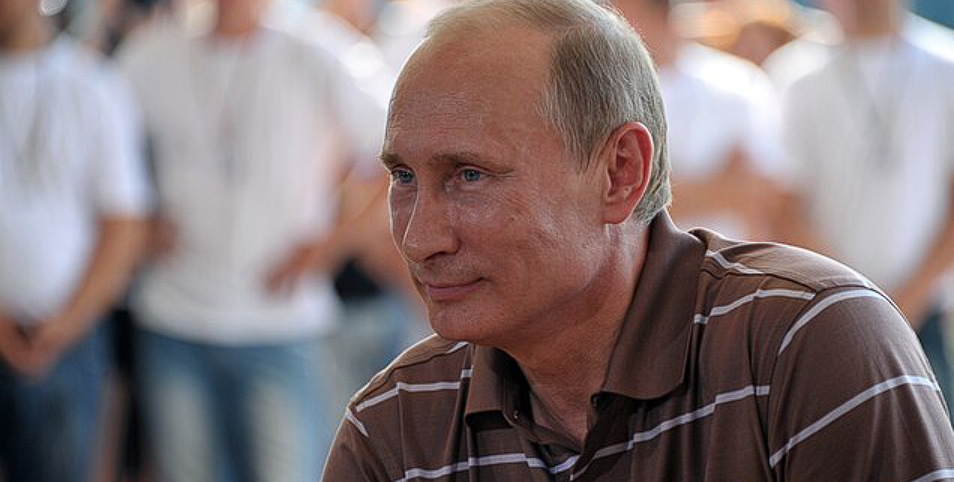African Students Flock to Russian Language Programs.
Others are reading now
Russia’s efforts to expand its cultural and educational ties in Africa have seen a remarkable uptake, particularly in the domain of language education. Over the past year, the Kremlin has successfully launched Russian language and cultural programs across the continent, enrolling hundreds of young Africans.
These courses, pivotal in Russia’s strategy to deepen its ties with African citizens and governments, are offered both online and in person. This is reported by Semafor.
In Kenya, which boasts the largest economy in East Africa, the initiative began in March of the previous year. According to Dmitry Maksimychev, Russia’s ambassador to Kenya, the introduction of free Russian classes has resulted in a significant increase in learners. From 2018 to 2023, the number of Russian language learners in Kenya surged tenfold, with 900 individuals enrolling in both physical and online classes in the last year alone. A student who participated in the online courses shared with Semafor Africa that each class accommodated around 30 students and spanned six months.
Also read
The enthusiasm for these courses isn’t limited to Kenya. In Ghana, Côte d’Ivoire, and Nigeria, hundreds have signed up for Russian classes. Furthermore, last year saw the launch of Open Education Centers in countries including Egypt, Zimbabwe, Uganda, Ethiopia, Tanzania, Tunisia, and DR Congo. An agreement was also reached in September to establish a center in South Africa. Russian officials have outlined plans to set up centers in a total of 28 African countries, marking a significant educational expansion on the continent.
Russian President Vladimir Putin, in his efforts to counter Western isolation over the Ukraine conflict, has been forging stronger ties with African nations in trade, security, and diplomacy. This educational push is part of a larger strategy, which includes the provision of over 200,000 tonnes of free grain to six African countries and the increasing presence of the private military group Wagner in countries like the Central African Republic (CAR) and Mali.
Despite these efforts, challenges remain. Kester Kenn Klomegah, a policy analyst on Russian affairs in Africa, pointed out in December that Moscow is facing difficulties in marketing its free language courses. He also noted a relatively low interest among Africans in learning Russian, which he argued is less clear in its utility compared to other foreign languages like French, English, and increasingly, Chinese, as per his article in the Eurasia Review.


